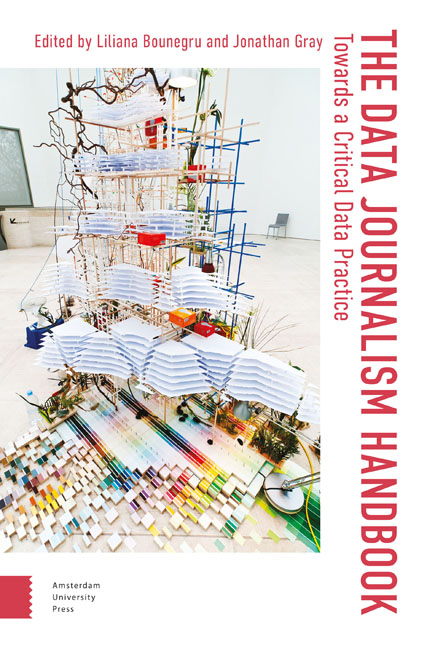49 - Data-Driven Gold Standards: What the Field Values as Award-Worthy Data Journalism
Summary
Abstract
This chapter explores the relationship between the datafication of society and a datafied journalism and introduces awards as a means to study the evolution of data journalism.
Keywords: Data Journalism Awards, datafication, datafied journalism, data society, journalism research, co-creation
Introduction: Journalism's Response to the Datafication of Society
Perhaps better than in the early days of data journalism, we can understand the emergence of this new reporting style today as one journalistic response to the datafication of society (Loosen, 2018). Datafication refers to the ever-growing availability of data that has its roots in the digitalization of our (media) environment and the digital traces and big data that accrue with living in such an environment (Dijck, 2014). This process turns many aspects of our social life into computerized data—data that is to various ends aggregated and processed algorithmically. Datafication leads to a variety of consequences and manifests itself in different ways in politics, for instance, than it does in the financial world or in the realm of education. However, what all social domains have in common is that we can assume that they will increasingly rely on an ever more diverse range and greater amount of data in their (self-)sense-making processes.
Situating the datafication of journalism in relation to the datafication of wider society helps us to look beyond data journalism, to recognize it as “only” one occurrence of datafication in journalism, and to better understand journalism's transformation towards a more and more databased, algorithmicized, metrics-driven or even automated practice (Loosen, 2018). In particular, this includes the objects and topics that journalism is supposed to cover, or, put differently, journalism's function as an observer of society. The more the fields and social domains that journalism is supposed to cover are themselves “datafied,” the more journalism itself needs to be able to make sense of and produce data to fulfil its societal role. It is this relationship that is reflected in contemporary data journalism which relies on precisely this increased availability of data to expand the repertoire of sources for journalistic research and for identifying and telling stories.
- Type
- Chapter
- Information
- The Data Journalism HandbookTowards A Critical Data Practice, pp. 360 - 369Publisher: Amsterdam University PressPrint publication year: 2021

